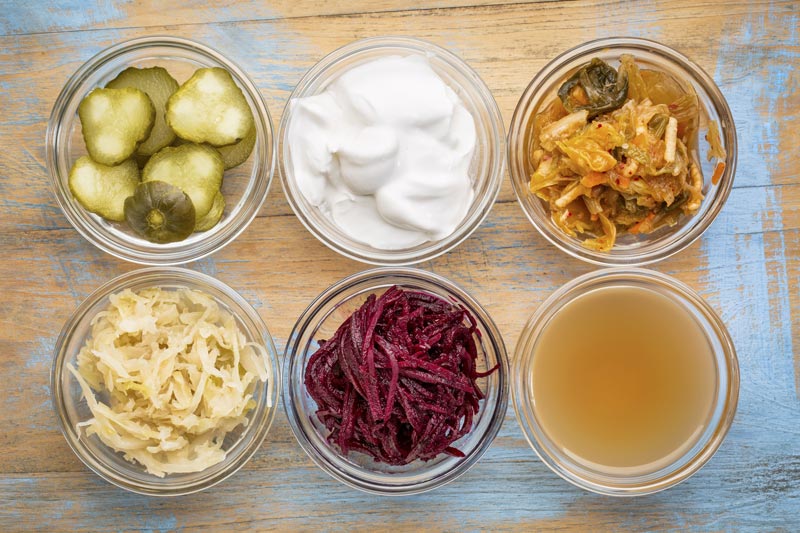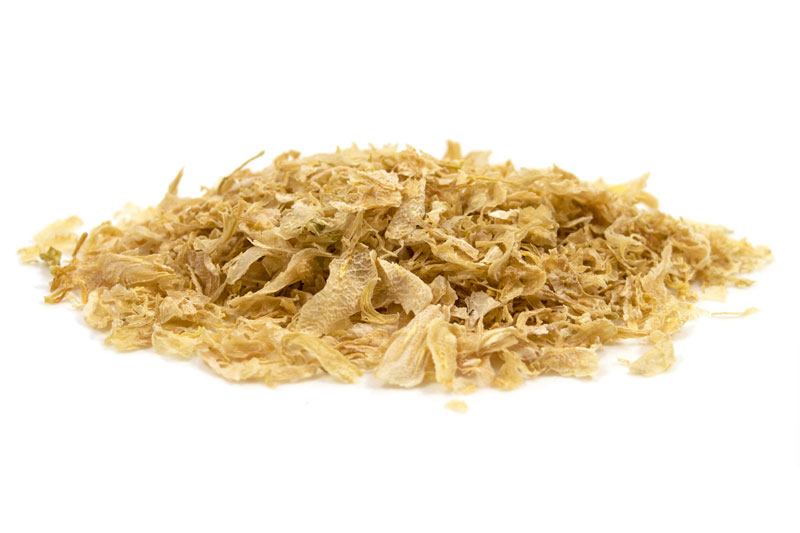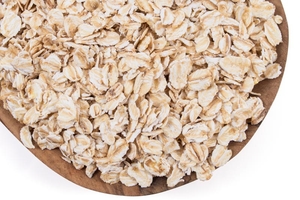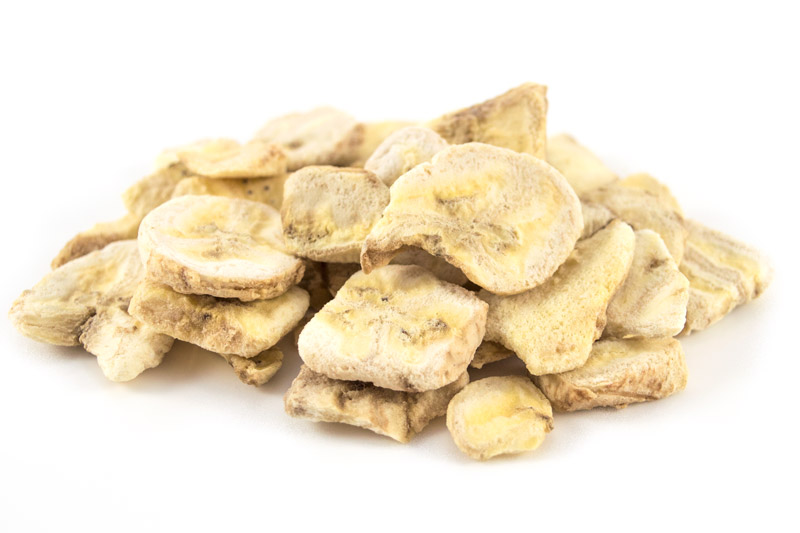Gut health – why is it so important?
In recent years, scientific research on gut health has uncovered information suggesting that a healthy digestive system is essential for maintaining our immune system, mental health, good skin and a host of other bodily processes.
Every human has a whole ecosystem of microorganisms living in their intestines. They are known collectively as our gut microbiome, and are made up of several hundred types of ‘good’ bacteria, working together to keep our biological processes functioning effectively.
We should strive to make our digestive system a home for the widest variety possible of these beneficial bacteria, and be aware that if our diets are bad and their number is reduced, this can lead to a diminished immune system and susceptibility to disease.
So how can we improve gut health?

We consume a huge array of fermented food and drink regularly in the West, perhaps without realising it – examples include bread, chocolate and beer. Many fermented foods, such as sauerkraut, kefir and pickles contain probiotics, bacteria which congregate in our gut and feed off prebiotics, which are naturally-occurring fibre and sugars in our food that humans can’t digest. The key to a healthy gut is having a good balance of probiotics and prebiotics.
Leaky gut syndrome is a condition that affects the gut lining, which can cover over 4,000 square feet and carefully controls what nutrients are released into the bloodstream. Small holes can appear, allowing undigested food to pentrate body tissues, leading to inflammation and problems in the digestive tract. The glycine and potassium found in oats are superb at healing symptoms of a leaky gut, leading to improved digestive health.
If you cut processed and highly refined food out of your diet, your digestive system will thank you for it. Good gut health is about harnessing nutrients from food, and many processed foods have lost their original nutrients as part of the manufacturing process. Whole foods are lower in sugar, salt and fat, and tend to contain more fibre.
Eating plenty of fibre is associated with a lower risk of heart disease, stroke, type 2 diabetes and bowel cancer. Other food groups such as protein, carbohydrates and fats are often absorbed into the body before they reach the gut, but fibre reaches the intestine mostly unchanged, as humans lack the enzymes to be able to digest it. However, they benefit the gut bacteria which help maintain a good level of health, as outlined in this paper from 2003.
A widely-reported research paper on the Hadza tribe of Tanzania found that they had one of the healthiest gut microbiomes in the world. Researchers put this down to a hunter-forager lifestyle and the huge variety of different types of high-fibre foods they ate in a typical day, and the absence of processed foods and refined sugars. It appears that eating a wide variety of natural (and where possible, organic) whole foods is truly excellent for intestinal wellbeing. The nutritionist Dr. Megan Rossi recommends eating at least 30 different plant foods every week.





